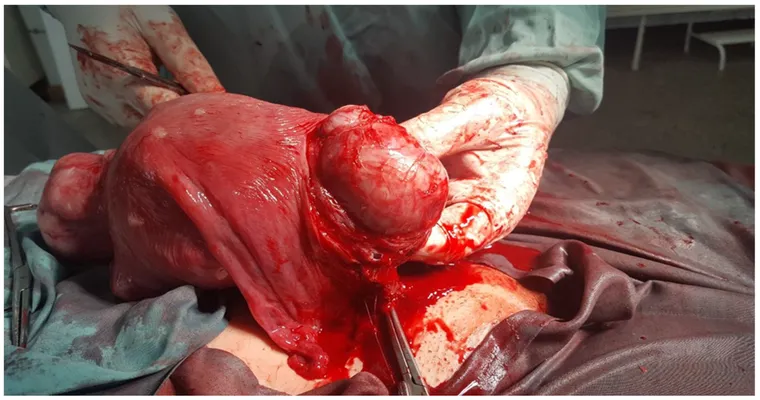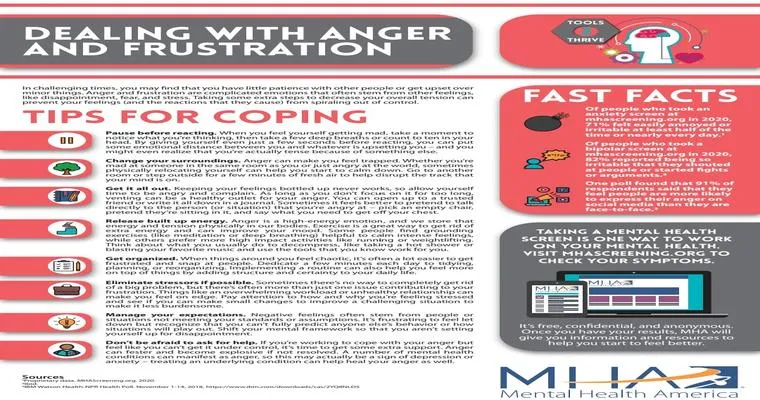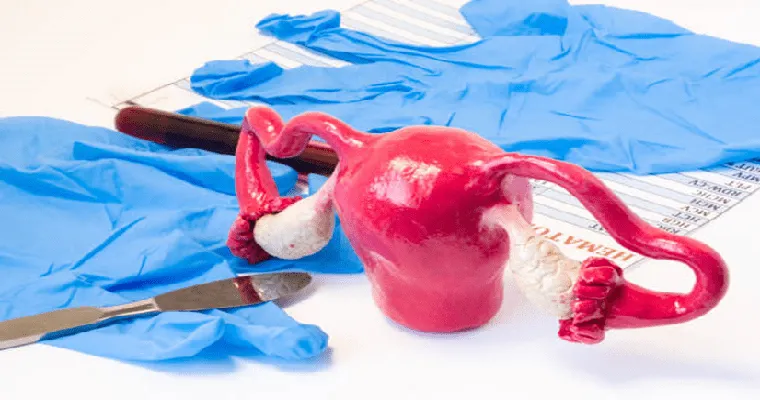Experiencing "bleeding" after having a "full hysterectomy" two decades ago can be alarming, especially at the age of 61. While a hysterectomy typically involves the removal of the uterus and cervix, leading to the cessation of menstrual cycles, there are still several potential causes for unexpected bleeding in postmenopausal women. Understanding these causes is crucial for addressing any health concerns and seeking appropriate medical care.
One of the first things to consider is the possibility of "vaginal atrophy", a condition that occurs due to decreased estrogen levels after menopause. This can lead to thinning and drying of the vaginal tissues, which may cause "bleeding" during sexual intercourse or even spontaneously. If you are experiencing discomfort along with the bleeding, it may be worth discussing with your healthcare provider as they may recommend treatments such as vaginal moisturizers or estrogen therapy.
Another potential cause of bleeding post-hysterectomy is the development of "vaginal or pelvic masses". Even after a hysterectomy, it is possible for other reproductive organs, such as the ovaries, to still be present if they were not removed during the procedure. In some cases, ovarian cysts or tumors can develop, potentially leading to abnormal bleeding. Regular check-ups and imaging tests, like ultrasounds, can help identify any abnormalities that may need further investigation.
In addition to these possibilities, "hormonal imbalances" can also lead to unexpected bleeding. Even though menopause signifies the end of menstrual cycles, fluctuations in hormone levels can occur, affecting the vaginal lining and potentially causing bleeding. This can be particularly relevant for women who are undergoing hormone replacement therapy or have other conditions that may impact hormone levels.
It's also essential to consider the risk of "cancer". While not every instance of post-hysterectomy bleeding is related to cancer, it is important to rule it out, especially in women over 60. Conditions such as vaginal cancer or other pelvic cancers can present with abnormal bleeding and should be evaluated by a healthcare professional promptly.
Lastly, "infections" or "inflammatory conditions" in the pelvic region can lead to bleeding. Conditions such as "pelvic inflammatory disease" (PID) or even sexually transmitted infections (STIs) can cause irritation and bleeding, necessitating a thorough medical evaluation.
If you are experiencing bleeding after a hysterectomy, it is crucial to consult with your healthcare provider as soon as possible. They can perform a detailed examination, including a review of your medical history, physical examination, and possibly imaging or laboratory tests, to determine the underlying cause. Early diagnosis and intervention can help address any issues and provide peace of mind regarding your health.
In summary, while experiencing bleeding after a full hysterectomy can be concerning, understanding the various potential causes—such as vaginal atrophy, masses, hormonal imbalances, cancer, and infections—can help you approach the situation with knowledge. Always prioritize your health by seeking medical advice when faced with unexpected symptoms.





